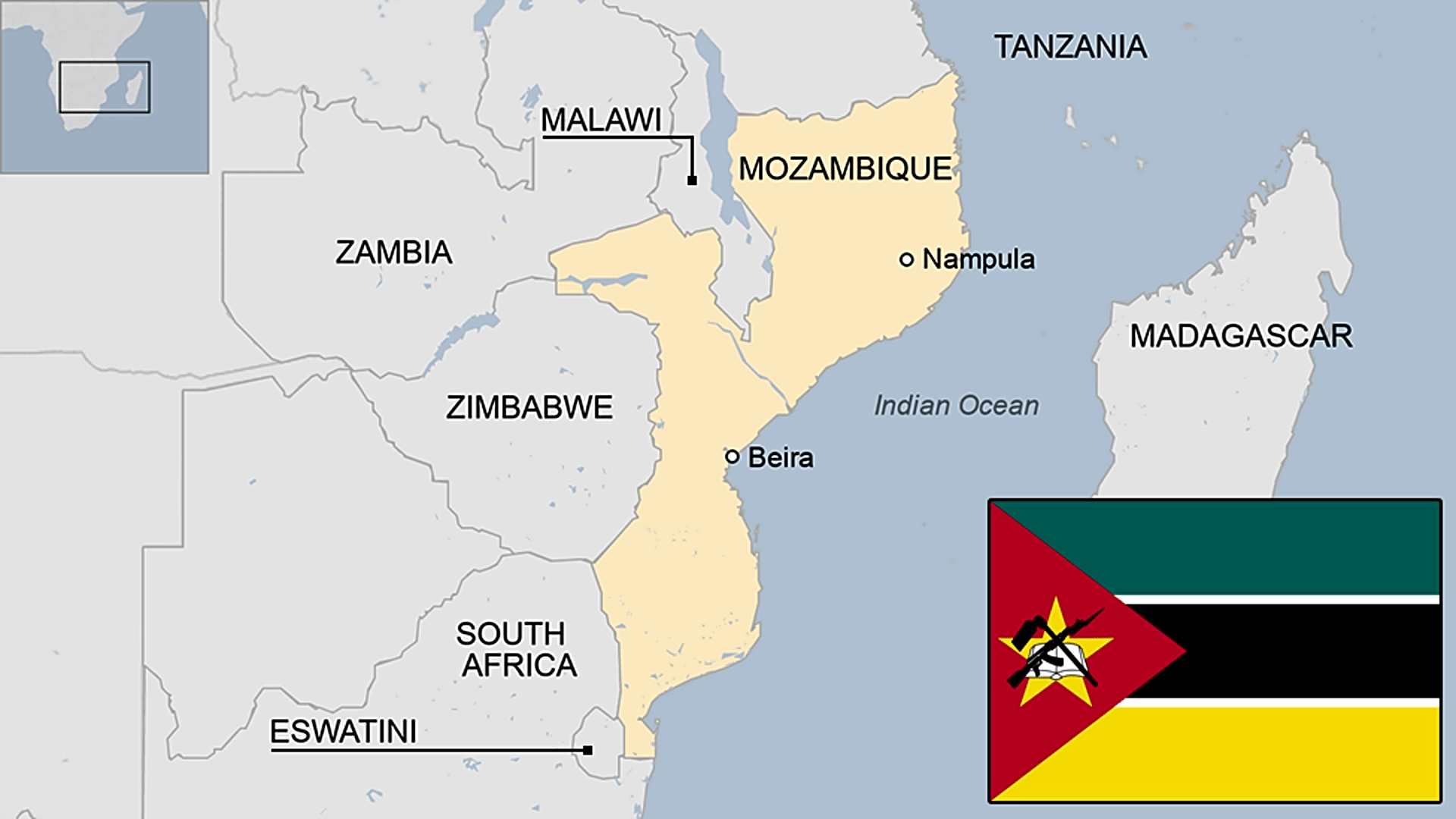Introduction
Agriculture is the backbone of Africa’s economy, employing millions of people and contributing significantly to the GDP of many countries. However, the continent faces numerous challenges in this sector, including limited access to modern technologies, lack of data-driven decision-making, and unpredictable weather patterns. To address these challenges and revolutionize agriculture, Artificial Intelligence (AI) and Machine Learning (ML) technologies are playing a crucial role.
Enhancing Crop Production with AI
AI and ML algorithms have the potential to transform crop production in Africa by providing farmers with valuable insights and recommendations. By analyzing large amounts of data such as soil quality, weather conditions, and historical crop yields, AI can help optimize irrigation and fertilization practices, leading to increased yields and reduced costs.
Predictive Analytics and Climate Adaptation
Climate change poses significant risks to agriculture in Africa, as it exposes farmers to extreme weather events and uncertain growing conditions. AI can assist in predicting and adapting to these changes by analyzing historical climate data and providing accurate forecasts. This empowers farmers to make informed decisions regarding crop selection, planting times, and resource allocation, ultimately mitigating the impact of climate variability.
Improving Pest and Disease Management
Pests and diseases can decimate entire crops, resulting in significant losses for farmers. AI and ML technologies can aid in early detection and effective management of these threats. By analyzing satellite imagery, sensor data, and disease patterns, AI can identify pest infestations and provide targeted recommendations for pest control methods, reducing the use of harmful chemicals and preserving crop health.
Smart Farming and Precision Agriculture
Smart farming techniques, enabled by AI and ML, are transforming traditional farming practices into more efficient and sustainable systems. With the help of drones, IoT devices, and machine vision systems, farmers can collect real-time data on soil moisture, crop growth, and livestock health. This data can be analyzed to optimize resource allocation, enhance productivity, and minimize environmental impact, creating a more sustainable future for agriculture in Africa.
Access to Finance and Market Opportunities
AI-powered tools can also help farmers overcome financial barriers and access market opportunities. By leveraging data on agricultural production, market trends, and consumer preferences, AI can assist farmers in making informed investment decisions and identifying profitable market segments. This facilitates access to financing options and increases farmers’ competitiveness in the global market.
Conclusion
The integration of AI and ML technologies in African agriculture holds immense potential for transforming the sector and overcoming its various challenges. By leveraging data analytics, predictive modeling, and automation, these technologies can revolutionize crop production, climate adaptation, pest management, and resource utilization. Furthermore, AI can also empower farmers by providing them with financial insights and market opportunities. As AI continues to advance, African farmers can harness its power to create a sustainable and productive future for agriculture on the continent.


